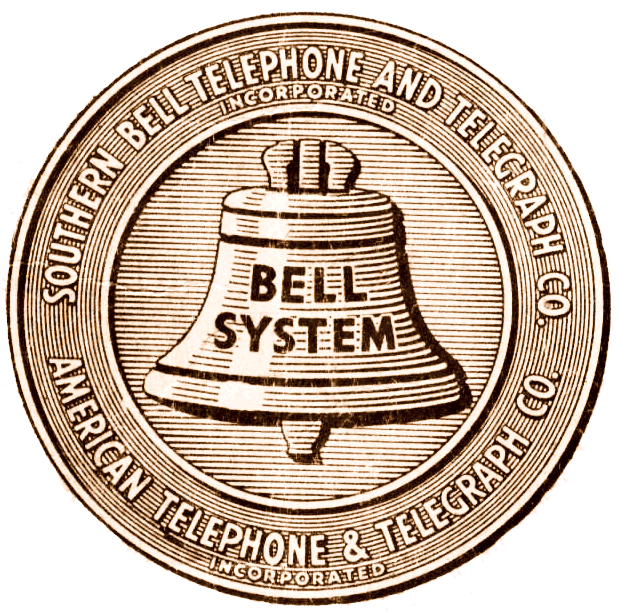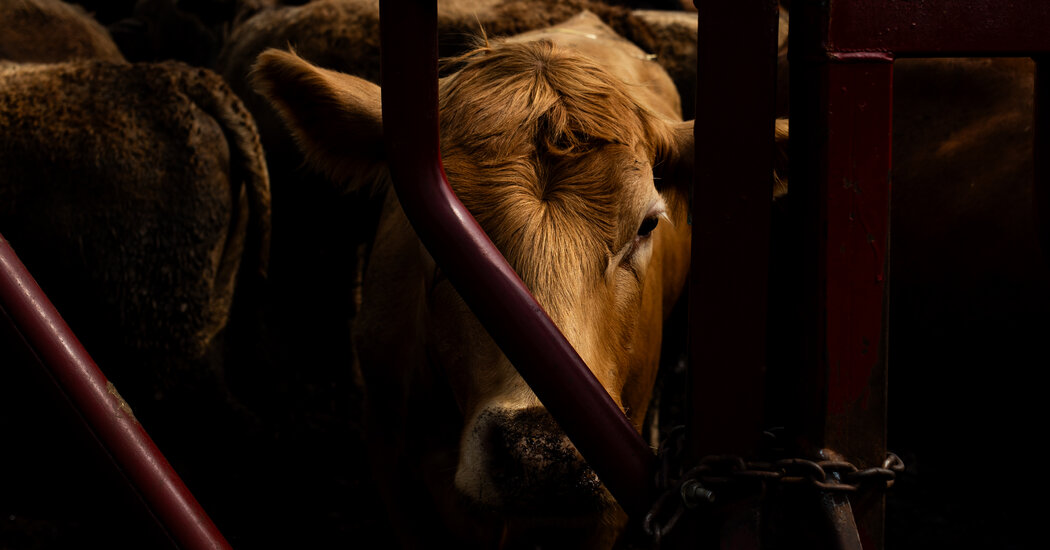Fertilizer made from city sewage has been spread on millions of acres of farmland for decades. Scientists say it can contain high levels of the toxic substance.
The fertilizer made from sewage makes me so angry. Sure it could probably be done safely. But who is overseeing it on a constant basis everywhere? No one. In the meantime sewage treatment plants can literally sell people back their own shit laced with drugs and chemicals and whatever else people dump and flush.
Using pesticides and chemicals is not healthy and not sustainable. The government should subsidize sustainable pest control instead of all the corn subsidies.
Is PFAS why fatty livers are so common among humans?
Apparently, it’s a contributing factor, yes. NIH says that a review of over a hundred studies found links between PFAS exposure and liver damage, including steatosis.
https://www.nih.gov/news-events/nih-research-matters/study-links-synthetic-chemicals-liver-damage
Maybe we should keep destroying EPA protections in the name of corporate profits without paying attention. Surely it’s not an issue this generation will ever have to deal with. The idiot new generations can figure it out later. Am I MAGA’ing right?
/s
If it weren’t for those woke dei bureaucrats, there would never have been measured contamination. We lived ok with this until now, and suddenly it’s a problem?
Corporations are too expensive, it is our fiduciary responsibility to hold them accountable for damages they create.
Haven’t used 12ft in a minute but it kinda just broke the article for me. Css was overlaying text and it still faded out before the end of the article. Back to block js for me
Block js had the same issues -.-
Does this archive version render any better for you? https://archive.ph/xIOUo
Yes that is absolutely perfect. Ty for the link!
Yeah, news continues to find ways to lock their stuff down. It’s a uphill fight.
Farmers should be just as concerned about all the pesticides they are spraying on their land.
The sludge that allegedly contaminated the Colemans’ farm came from the City of Fort Worth water district, which treats sewage from more than 1.2 million people, city records show. Its facility also accepts effluent from industries including aerospace, defense, oil and gas, and auto manufacturing. Synagro takes the sludge and treats it (though not for PFAS, as it’s not required by law) then distributes it as fertilizer.
So this likely isn’t passed from human waste into this sludge, but from industrial waste. Seems like this is something that could be stopped at the source and still reduce waste of… waste.
NYTimes is paywalled.
.






